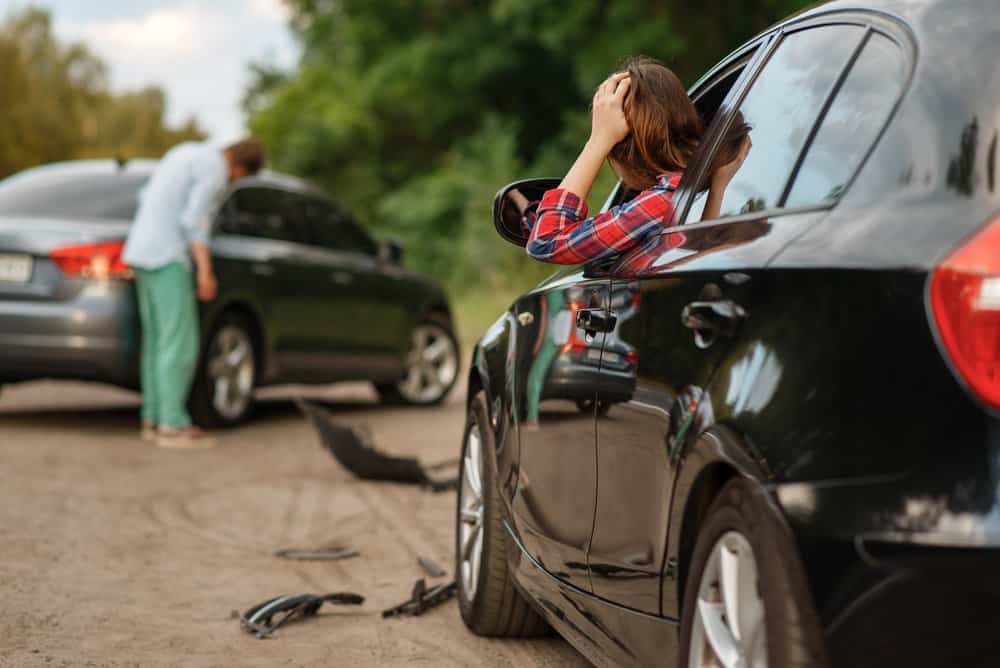If you had an accident where you injured another party, you must deal with the court and navigate the process.
This article will help you understand what to expect when dealing with a personal injury lawyer after an accident.
Determining Whether to Sue
If you are involved in a car accident, it is essential to clear the confusion about who’s at fault or what your rights are. There are many scenarios in which an accident can occur, each with its consequences.
If you have been injured in a car accident, you may be able to file a personal injury lawsuit against the other driver or an insurance company if they were at fault for causing your injuries.
If the other driver were at fault for causing your injuries, they would likely have to pay compensation for medical bills and lost wages.
In some circumstances, however, an insurance company may be able to deny responsibility for causing an accident, even if they caused it by not paying attention while driving or by driving too fast.
Collecting Medical and Repair Records
After an accident, you may find yourself in a court case. You’re not alone—more than half of all car accidents result in some legal action, which is even higher if you’re involved in a hit-and-run.
If you’ve been injured in an accident and need medical care, your first step should be getting copies of your medical records from the doctor and the hospital that treated your injuries.
It will help prove that the injury was caused by accident, not something else (like a pre-existing condition).
You should also get copies of any repair records from the auto shop or mechanic who worked on your car after it was damaged in the accident.
If you were involved in an accident with someone else’s vehicle, these records could help show how much damage was done to your car, which will determine whether or not you’ll be able to collect damages from that person’s insurance company.
Finding an Injury Lawyer
If you’ve been in an accident, finding a lawyer is crucial. While you may know what you need, it’s best to talk to an attorney. For instance, if the accident occurred in Georgia, you can contact Spaulding Injury Law, wgo specializes in these types of cases. A lawyer can help you understand your rights and explain how best to proceed.
The first step is contacting the insurance company responsible for your medical expenses and damages. They should be able to tell you who they’re working with and what they have done so far.
If your injuries are not severe enough to warrant hospitalization, then it is likely that the insurance company will provide some financial assistance to cover those costs. If this is true, ask about their policy on medical care payment if no hospital stay is required.
If the claim is denied, it’s time to speak with lawyers about pursuing legal action against the other driver or party involved in the accident.
Settling Out of Court
Settling out of court is common in the world of personal injury law. In fact, according to a recent study, more than 60% of personal injury cases are settled out of court. It is because you don’t have to go through a trial and risk losing your case.
The settlement process is also more streamlined and can be done without the stress of court hearings and depositions.
If you have been involved in an accident that has resulted in injuries or property damage, you must immediately settle out of court. You may be tempted to wait until all legal options have been exhausted before settling with your insurance company.
However, this could easily backfire on you as there are many times when one or more legal options will be available after an early settlement.
Settling early only sometimes means settling for less money than what you would receive at trial; it can also mean settling for less money than what you would receive under certain circumstances if your case went to trial.
For example, if your injuries were severe enough that they would prevent you from working again after they healed or if they caused long-term disability payments, then a
Getting a Settlement Check
If you’ve been involved in a car accident, it’s essential to know that all states require the other party’s insurance company to make a payment out of your settlement check.
In most cases, this amount is going to be determined by several factors, including:
- How much medical care was needed for your injuries
- How long it took for you to recover from those injuries
- The severity of any injuries you sustained as a result of the accident
Going to Trial if Your Case Doesn’t Settle
If your case does not settle, you can go to trial. A trial is a formal hearing where both parties present evidence in court. The judge decides if the case should proceed to trial based on the evidence presented and their judgment of each party’s credibility.
If your case does not settle, you may want to consider taking a step back and considering whether or not it’s worth pursuing further legal action. If you choose to go forward with a trial, remember that it can be costly, time-consuming, stressful, and anxiety-inducing.
If you decide against going forward with a trial, remember that settlement is always an option.
Final Thoughts
If you follow the steps outlined above, you’ll be better prepared to handle what will likely be an emotionally challenging situation.
You may still face your share of hurdles along the way, but these guides on navigating the court system will help smooth your way and make things easier.


